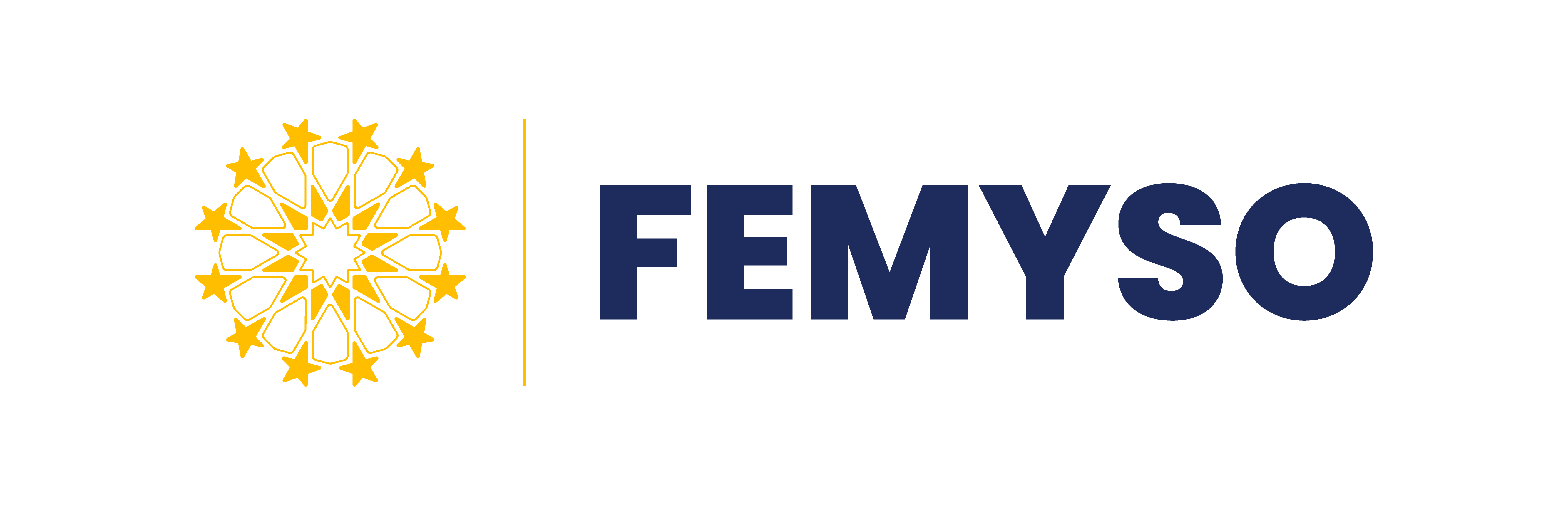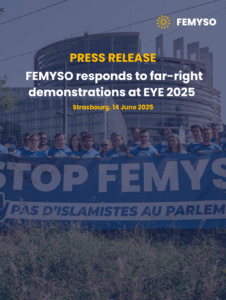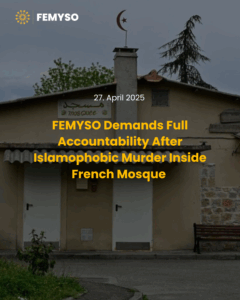With the current rise of the far-right, it has become clear that Muslim youth can be disregarded from engaging within civic spaces, creating structural barriers and eliminating them from becoming part of the conversation, thus resulting in disengaged youth. Now, more than ever, it has become crucial to educate and empower youth to establish creative initiatives within the area of community organising, through establishing techniques and strategies in social entrepreneurship and cross-community collaboration, while resisting community obstacles and enhancing minority rights.
Active Citizens Study Session is a non-formal educational training on social entrepreneurship and community collaboration, aiming to equip participants with key skills to be active in combating social issues using institutions and resources afforded to them.
The overarching aim of this study session is to empower young European Muslims to participate in active citizenship, by driving impactful community initiatives. We would like to upskill youth from minority backgrounds in the area of community activism, placing a focus on awareness and importance of intercommunity work, including the effective engagement of european stakeholders and institutions to achieve their objectives. Furthermore we aim to equip participants with the social entrepreneurship skills necessary to lead active citizenship within their communities. We intend to educate participants on their basic human rights, and how to address the potential infringement of these rights, upon their becoming changemakers and community organisers.
One of our goals is to equip participants (and by extension their organisations) with tools needed for them to access spaces that promote youth engagement in civil society. This will aid them to access conversations where misconceptions can be dispelled, and create new conversations around perception, community building and shared values of peace and justice.
We aim to build and centralise resources to develop this work, such as community organising strategies, to be utilised by participants in their localities and help promote cross-alliance networks. There is a focus on effective use of social media platforms such as Instagram, Twitter, etc., which have potential to expand the reach of minority community voices, and build spaces amongst and between minority communities and other marginalised groups.
We want participants to utilise social entrepreneurship skills, initiate inter-community conversations, sustained through regular follow-ups. Empowerment will be a driver of this goal, as we intend to create a toolkit to help participants organise in their locality. Also, to continue a monitoring network to help build specialised guidance structures regionally. This will enhance the ability of participants to expand reach within their localities producing a multiplying effect.



